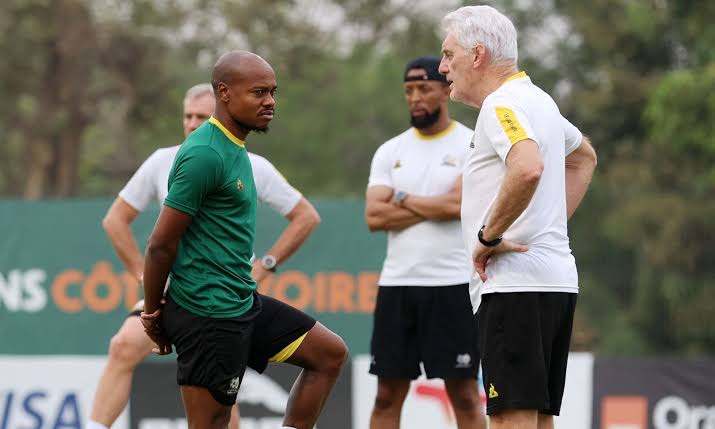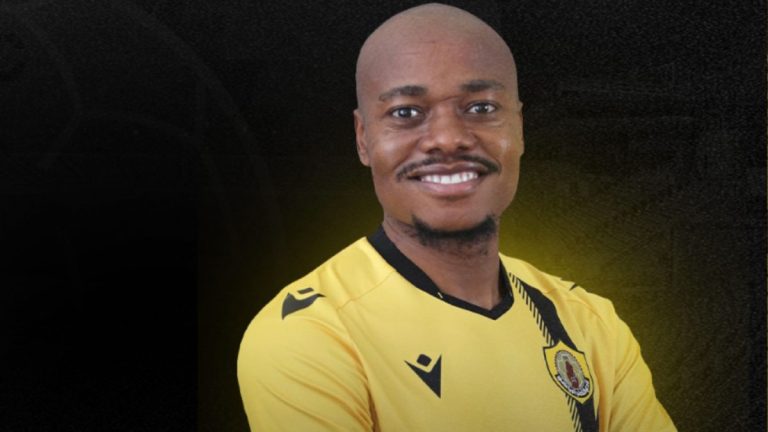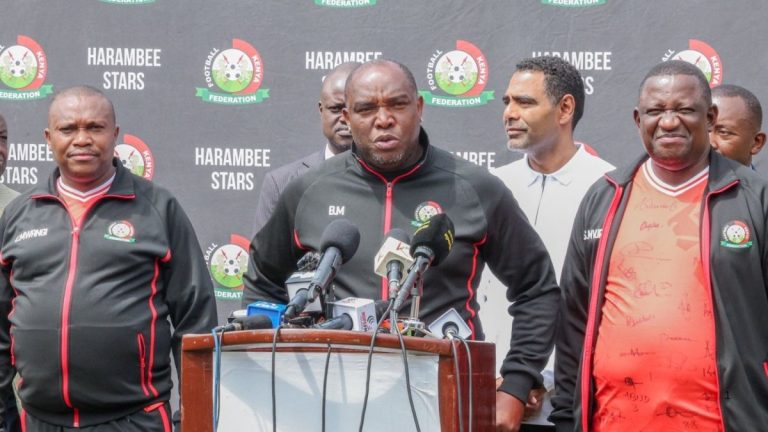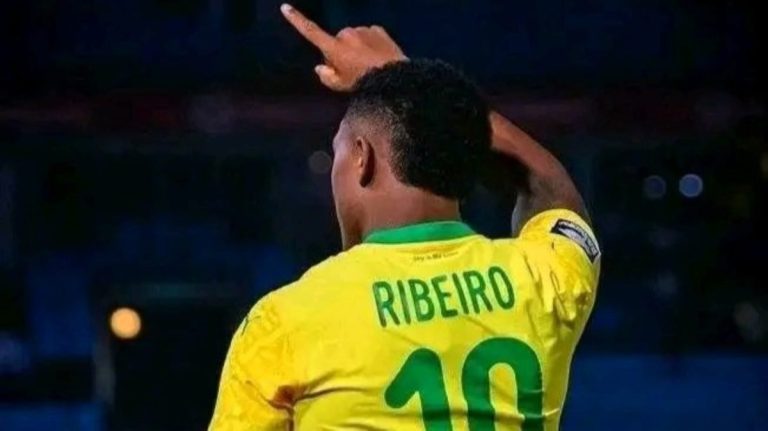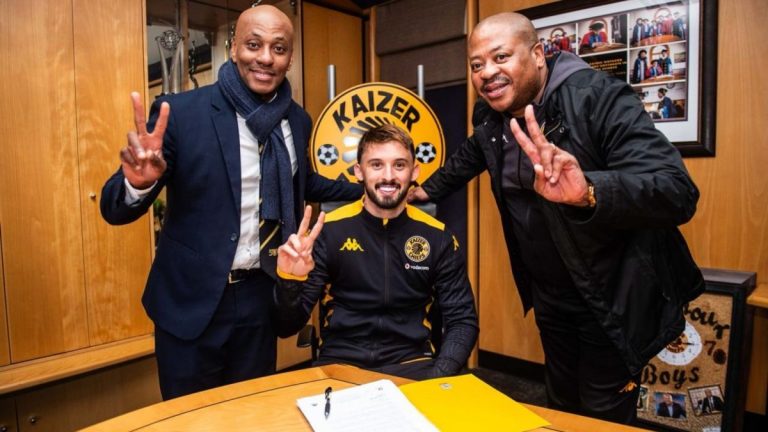Bafana Bafana's influential attacker, Percy Tau, has revealed the imperative behind his direct conversation with head coach Hugo Broos concerning the Belgian's comments after Tau's omission from the national team.
Broos' time at the helm of Bafana Bana has been characterized by a blend of success, frustration, and a degree of miscommunication.
While his frank and uncompromising evaluation style has been a welcome change for some, it has, at times, been met with a harsh reception by others, occasionally pushing the boundaries of acceptable public discourse.
Tau's initial exclusion came after the 2023 Africa Cup of Nations, a decision Broos later explained was due to what he perceived as overly severe criticism from South African supporters regarding Tau's less-than-stellar showing.
The 31-year-old was then notably absent from multiple subsequent national team selections, with the Belgian coach citing “psychological challenges” as the reason.
This rationale, however, was not one that the 2023 CAF Interclub Player of the Year resonated with, leading Tau to feel a personal obligation to engage in a discussion with the coach to present his own side of the story.
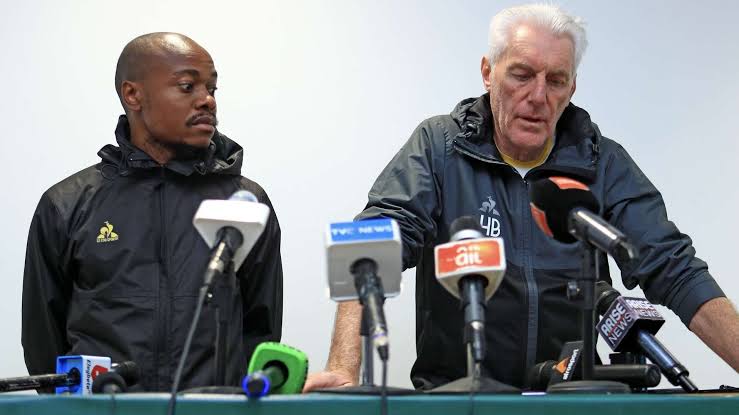
TAU FELT ‘WRONGED’ BY HUGO BROOS’ EXCLUSION COMMENTS
“A lot of times [he has said something that I did not feel was right] and I have engaged with him about that,” Tau said on 947's MSW.
“It was these issues of [Al] Ahly when there was just so much reporting from Ahly. One of those was saying I was having depression, mentally, going for therapy, and he also came and spoke out about that.
“And I said: ‘Coach, I think mental issue is a serious issue, you shouldn’t take it lightly. If we were to engage about that, don’t take it from the outside. At least speak to me, engage with me, and ask me: Percy, if you are really struggling, what’s happening?
“Because when you read about it from the media, it loses its value, whereby mental health is a serious issue, and I’m not going through that.
“So, what I was dealing with in Egypt, there was just so much media (reports). A lot of the reporting, 90% was incorrect and the 10% was when I’m on the pitch when we either lost, or I assisted or I scored. That [part] was correct, but the rest of the things were just people making it up.
“Of course, the coach is in South Africa, he reads these things, and he cares about the player, he wants to engage, and he speaks out.
“But I said the approach could have been, ‘Let’s at least speak on the phone', so that he would understand that I have no mental issue. It’s just these people who are reporting, and I cannot go and reply to them every time because I still have to play football.”

